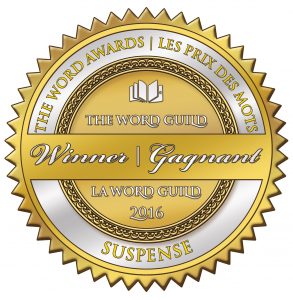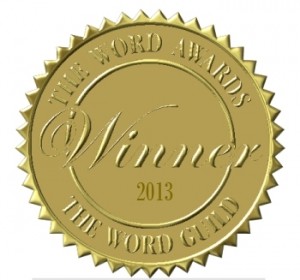As a follow-up to my “Day in the Life of a Writer” post from two weeks ago, I’ve invited an aspiring writer to chime in on the process today.
 Before I introduce her… if you’re reading this blog via email or a feeder, and don’t see the huge giveaway gadget on my sidebar…I want to let you know that Critical Condition is up for a Goodreads giveaway until Sept 18th. Click the link to enter (you must be a member of the Goodreads book lovers community)
Before I introduce her… if you’re reading this blog via email or a feeder, and don’t see the huge giveaway gadget on my sidebar…I want to let you know that Critical Condition is up for a Goodreads giveaway until Sept 18th. Click the link to enter (you must be a member of the Goodreads book lovers community)
Amy Leigh Simpson is the completely exhausted mother of two of the most fearless, rambunctious, and adorable toe-headed toddler boys in the Midwest. She writes Romantic Suspense and loves to take readers on a spirited journey of finding grace and redemption through stories that are equally inspiring, nail-biting, and hilarious–and maybe a little saucy!
Take it away Amy…
Most writers have had a long love affair with books. They are dreamers who have been creating and molding their characters and their story world since grade school.
I wish I had caught the bug early, but sadly, I am one of those rare few who didn’t sprout from infancy glued to the pages of the classics. In fact, I’m pretty sure I hadn’t read a book cover to cover until college. There, now ya’ll have some dirt on me!
In college I studied Sports Medicine. I was even accepted into a highly competitive Doctorate of Physical Therapy program where I had to intern for two semesters at a PT hospital.
I ended up declining the program but a lot of what I write for Romantic Suspense draws from my first hand knowledge of trauma and recovery.
If any of you have ever received physical therapy you can attest to those excruciating beginnings when you felt like an ant scaling a mountainside—when every inch felt like a mile. Ever feel like that as a writer?
It’s a wonder more doctors aren’t evangelists. After working in a rehabilitation center for a year—even as a believer—it was so painfully clear how miraculous the healing process is. But like everything else it takes work.
Sure we might start out with a great idea, enough determination to wrangle a bull, and perhaps even a hearty portion of natural talent… but that’s not enough to create a masterpiece. Seeing your PT everyday isn’t enough to heal you. You have to fight through every snail-paced step until you have the strength and freedom to run.
Similar to doctors, we writers have to be chronic students. Digging deeper into the plot, the motivations, the dark moments to expose the wounded parts of our stories. Then we can go to work on them! Tweak, whittle, fine-tune until our writing muscles are weak with exhaustion. But those words, refined by something akin to fire, will be strong enough to make a difference.
For the writers in the group, I encourage you to keep fighting through those tedious therapy sessions. Believe in your stories enough to push through the pain.
Here are some tips from today’s PT:
1. Set realistic goals and keep your eyes forward. If you keep starting over at the beginning you’ll always be that far from the end. You can do another lap once you’re finished!
2. Push yourself but don’t overdo it. It’s a lot harder to pick someone up off the floor than it is to simply slow down.
3. Take time to recuperate. Intervals of rest are essential for progress!
4. Don’t give up! You might fall but Someone is always there to catch you.
Your Turn: Writers: How have you been giving your novel a workout? Readers: What things in your life require the most exercise? Were the results worth the effort?
Check out Amy’s blog about life, lit, and the love of writing at http://writersbreakroom.blogspot.com/






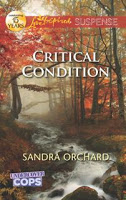

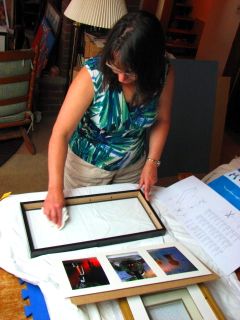



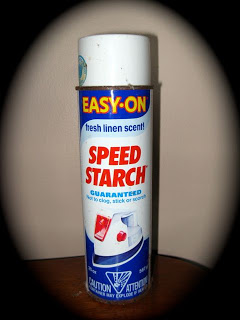


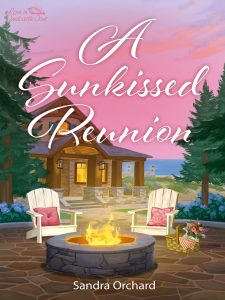

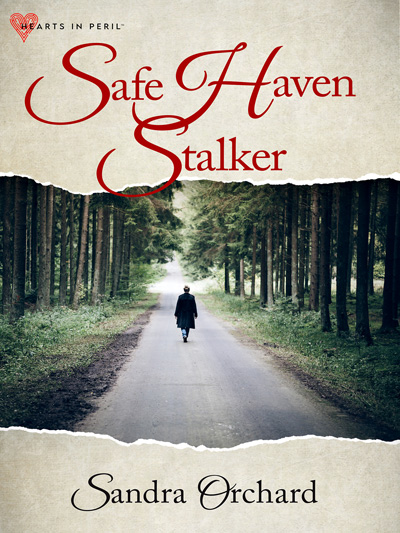

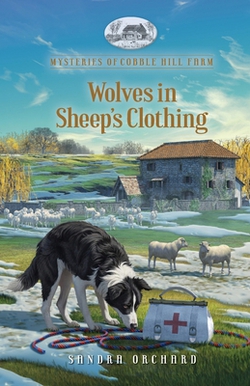
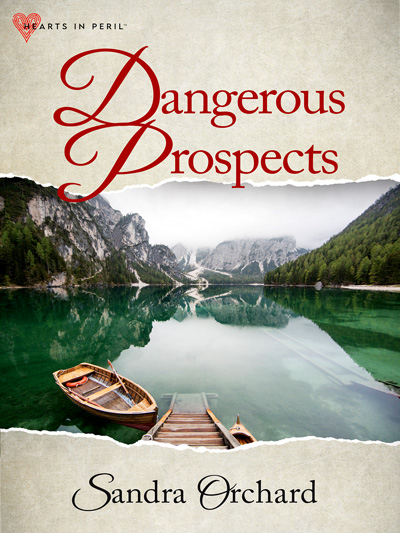
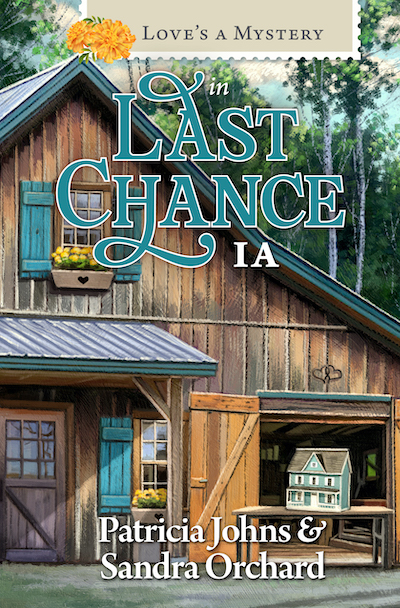

 RSS - Posts
RSS - Posts



